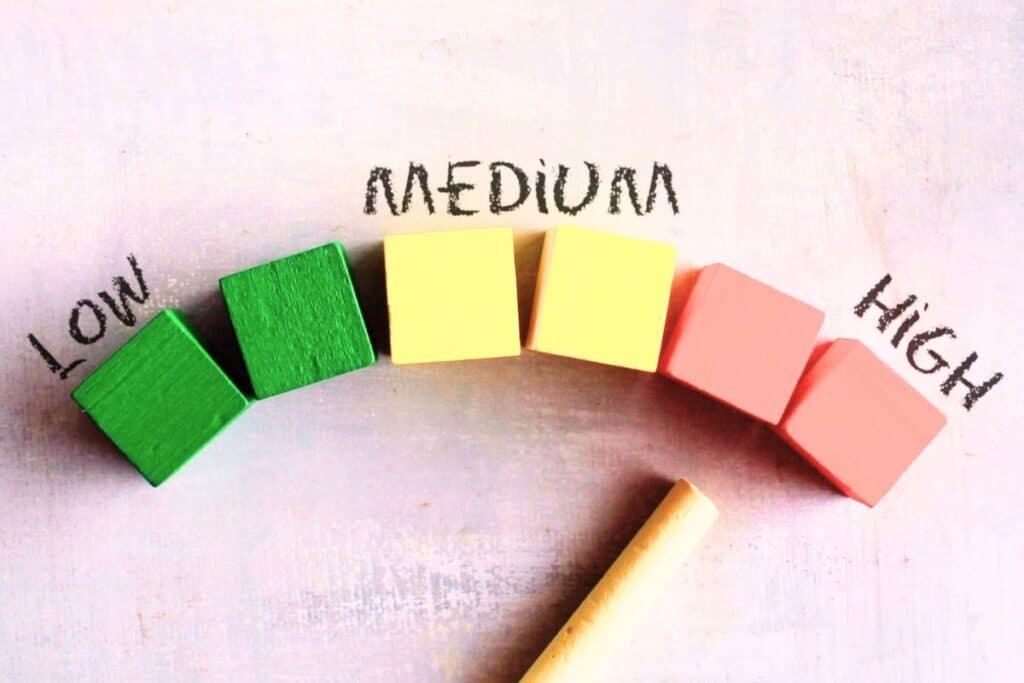On average, a child will have tried to disclose abuse or sexual assault at least eight times before someone does something about it.
Eight times.
Eight times is the number that someone who deserves to not be abused at all needs to try and ask for help before getting it.
And this is just an average number.
This means that a lot of children being subjected to acts of sexual violence will try to disclose abuse far more than eight times before anyone does something about their disclosure.
That’s an astonishing number of attempts for someone to ask for help, especially when you consider the courage that it must take a child every time to speak to someone.
I mean, would you expect someone to report a robbery eight times before being helped?
And that courage must dissipate with each attempt to tell someone, particularly with the knowledge that you told someone and no one helped you before.
80% of Child Victims Don’t Disclose Abuse Until They’re Adults
In one survey, a heartbreaking statistic revealed that 80% of young people had tried to tell someone about the sexual violence that they had experienced.
90% of these children who had tried to report their experience had a negative response in doing so. This was mainly because of how the person they confided in responded to their disclosure.
Another study found that only 1 in 5 children fully disclosed their experience of sexual violence during childhood.
This means that an astonishing 80% of victims of child sexual violence carry their disclosures into adulthood. And a large number of those victims will continue to not disclose the sexual violence to anyone.
How Long Does It Take People to Report Abuse?
If a child discloses sexual abuse or acts of sexual violence whilst they are still under the age of 18, it will take an average of seven years for the child to disclose that abuse.
However, if this abuse or act of sexual violence isn’t reported as a child or is experienced in late childhood, such as those late teenage years, these experiences will be carried into adulthood, where it will take the adult an average of 24 years to tell someone about the sexual violence they suffered.
I’m not going to lie to you, but that’s ridiculous.
And it shows how we need to do better for victims and survivors of these acts of sexual violence.
An average of seven years for a child and 24 years for an adult from experiencing sexual violence to disclosing their experiences is just far too long to be carrying feelings of guilt, shame, self-hatred, or any other negative emotion that the victim has attached to the sexual violence that they experienced.
Why Do Victims Take So Long to Report Abuse?
But why do victims and survivors take so long to report their experiences to anyone, you may ask.
And that answer is multi-faceted and depends on who the person is that’s being disclosed to.
Because disclosures don’t always happen to those in law enforcement. Disclosures can be made to friends, family, colleagues, teachers, health care professionals, partners; the list is endless.
The Queensland Government created a fantastic info-graph which succinctly demonstrates why it can take so long for children and adults to report grooming or acts of sexual violence that they experienced as a child or young person.
As shown below, there are four areas that prevent disclosures. These focus on the offender, the community, the child, and the parents.
The Offender…
- The offender/perpetrator is deliberately grooming the child, family and community to obscure their abuse and minimise the risk of disclosure.
The Community…
- Does not ask the child about abuse. is unsure of what to do when they are worried about the child
- Is quick to label the child as troublesome or has police and child protection systems in place which focus their work on the reported issue (for example, domestic violence) and fail to notice the signs of sexual violence
- Is one in which the service systems around the child (for example, child protection, education and juvenile justice) focus their work on responding to the child’s behaviour (for example, offending or self-harm) and fail to ask the child directly if they are experiencing sexual violence.
The Child…
- Has been entrapped so that they:
- Do not have a reference point for what is normal and do not realise that what they are experiencing acts of sexual violence
- Think that no one will believe them if they disclose sexual violence
- Are concerned about the impact of disclosure on the people they love.
The Parent…
- Is not able to notice the signs of sexual violence
- Is concerned about the consequence of acting on the sexual violence
- Sees the child as troublesome or not credible
These parental responses could be a result of deliberate grooming by the offender.
This post is adapted from a section of It's All Your Fault - due for release in 2025.



